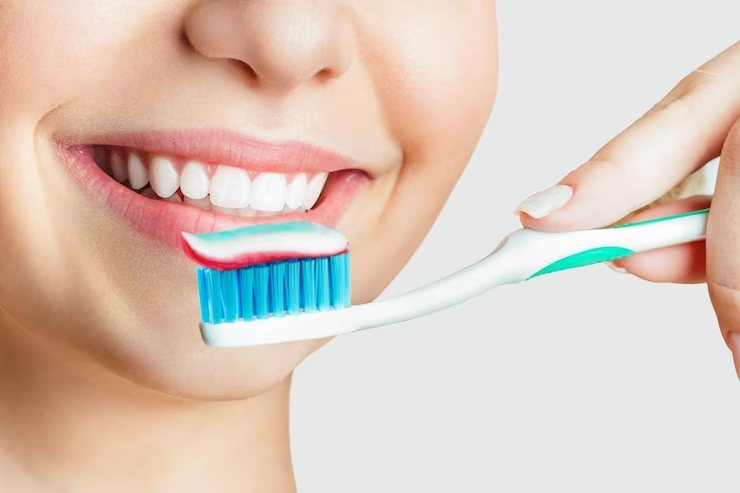After hearing that fluoride is bad for you, many people want to ask why avoid fluoride in toothpaste. What is it and why is it in toothpaste? Toothpaste is one of the most important parts of oral hygiene. But with so many options, it’s hard to know which toothpaste is right for you.
After hearing about fluoride’s negative effects on your health, many people wonder why it’s added to toothpaste. In this article, we’ll look at what fluoride is, why manufacturers add fluoride to toothpaste, its benefits and risks, and tips on how to choose the right toothpaste for you.
What is fluoride? Fluoride is a naturally occurring mineral found in soils and rocks. It’s a naturally occurring mineral that’s found in water, food, and many other products.
Why Avoid Fluoride In Toothpaste?
Let’s do some research on your question that asks why avoid fluoride in toothpaste. Some very famous health advocates are concerned about the damages that could have been done to the human teeth by the high doses of fluoride.
They have also shown their concern about how the use of fluoride is unsafe for children and they even say that fluoride water is dangerous for health. But much research has proven that fluoride does not harm but some people might face some side effects. Here are those side effects.
1) The Discoloration Of Tooth:
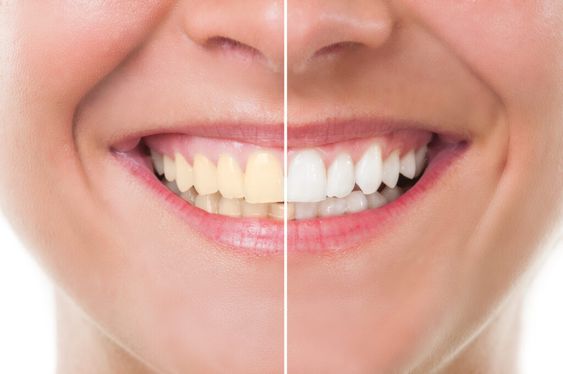
Teeth discoloration is one of the most common side effects of fluoride. Tooth discoloration is a condition that results in white staining or discoloration of the teeth. Fluorosis occurs when a child consumes too much fluoride while developing baby and adult teeth below the gums.
A child can develop dental fluorosis between the ages of birth and 8 years old. Tooth discoloration is more likely to occur in young children who ingest too much fluoride, such as by taking fluoride supplements or by swallowing toothpaste. That’s why people ask why avoid fluoride in toothpaste.
The U.S. Public Health Service (USPHS) has set guidelines for the level of fluoride in community drinking water. These guidelines aim to reduce the risk of tooth decay and minimize dental fluorosis. The recommended level of fluoride in drinking water is 0.7 mg/l.
According to the AAPD (The American Academy of Pediatric Dentistry), parents or caregivers should use a small amount of fluoride toothpaste immediately upon the eruption of the child’s first tooth.
Fluoridated toothpaste is recommended by experts to be used even by children who are too immature to spit out the toothpaste on their own. This will protect the child’s teeth from cavities but does not increase the risk of fluorosis if the toothpaste is swallowed by the child.
2) Some Allergies And Irritation:

When people ask why avoid fluoride in toothpaste, there are some reasons. Fluoride may cause an allergic reaction or skin irritation in some individuals, although these occurrences are uncommon. Additionally, fluoride can be potentially toxic if applied incorrectly or at excessive doses.
Nevertheless, this is not a common occurrence. The ADA recommends that professional fluoride varnish be used on children under the age of 6. Fluoride finish is the preferred choice for young children due to their tendency to swallow foams and gels, which can lead to nausea and vomiting.
Why Do You Need To Choose No Fluoride Toothpaste?
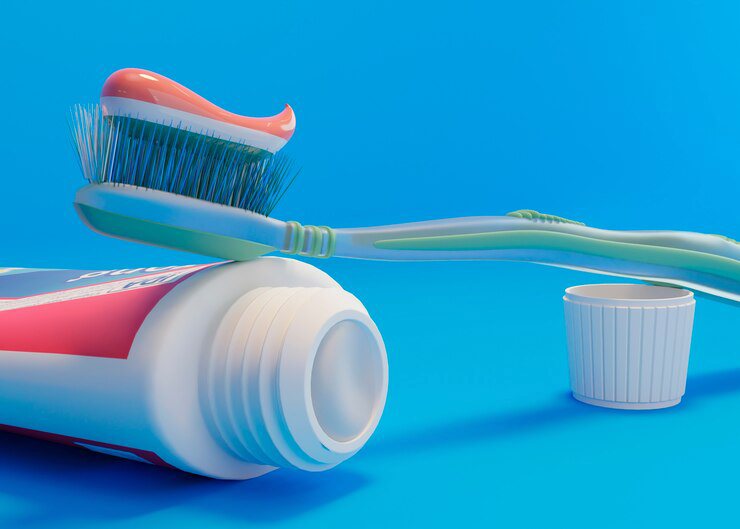
Fluoride can be safely incorporated into toothpastes and mouthwashes, and in most municipal water districts, small amounts of fluoride are added to tap water. Nevertheless, fluoride is not intended to be ingested, and the amount in oral health products may be toxic if consumed in large amounts.
Therefore, fluoride toothpaste is generally not recommended for children under the age of six. Fluorosis can be caused by consuming fluoride toothpaste, which can interfere with the formation of tooth enamel, and can lead to white spots on the teeth and gastrointestinal issues if the amount is high enough.
However, as long as one simply spits and rinses normally after using fluoride toothpaste, there is no need to be concerned about fluorosis. That is the answer to your question that asks why avoid fluoride in toothpaste?
What Happens When You Stop Using Fluoride Toothpaste?
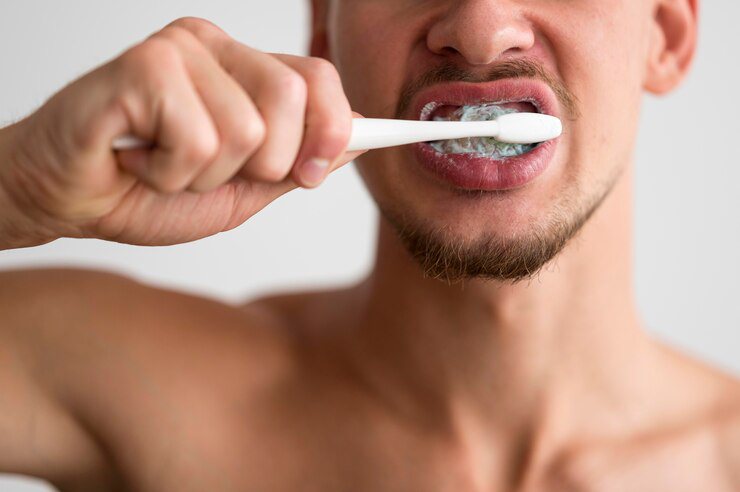
You should eventually notice a change in your teeth if you choose to stop using fluoride toothpaste. Your teeth will gradually weaken if you don’t get enough fluoride. The enamel will get thinner and lose its capacity to remineralize at a rate fast enough to offset the quantity of demineralization taking place.
Bacteria will find it simpler to invade and take control as a result. You might now start to see the first indications of tooth decay. If you want to know why avoid fluoride in toothpaste then you might also want to know what will happen if you stop using fluoride toothpaste.
Some of the typical signs of tooth decay and cavities that you might start to experience include the following:
- Toothache
- Feeling pain while eating and drinking.
- Feeling sensitivity in the tooth.
- Having visible holes in teeth.
- Discoloration on the tooth.
- Feeling pain while biting down.
You’ll probably start to experience more symptoms as the decay spreads, and they’ll probably get worse with time. They will eventually give you enough pain and discomfort to schedule a dental appointment. You may only require a filling depending on how far the tooth decay has advanced, but if it is too advanced, the tooth may need to be pulled.
Conclusion
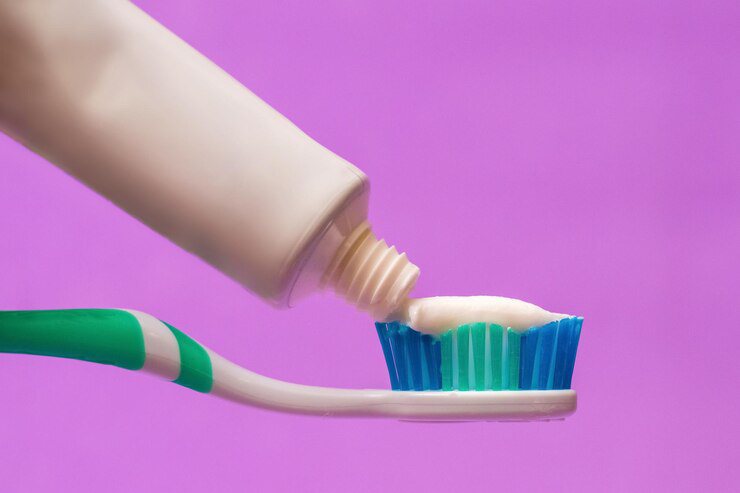
This article starts with a question that says why avoid fluoride in toothpaste? Fluoride treatment is safe for the vast majority of people. Although there may be some side effects, these are typically minor in comparison to the overall benefits.
The majority of the side effects are likely to result from ingesting very high doses of fluoride. However, this does not mean that every fluoride treatment is safe for everyone at any time. If you have cavities or are at risk of developing tooth decay, it is important to talk to your dentist about your concerns.
Additional:

